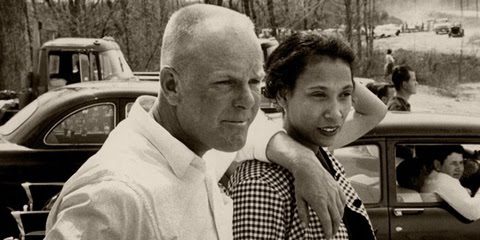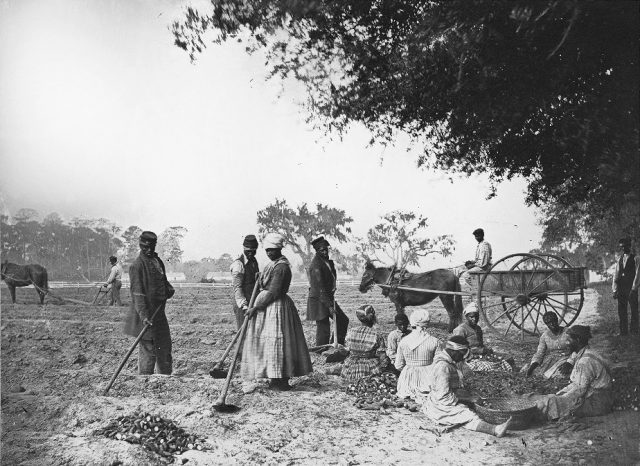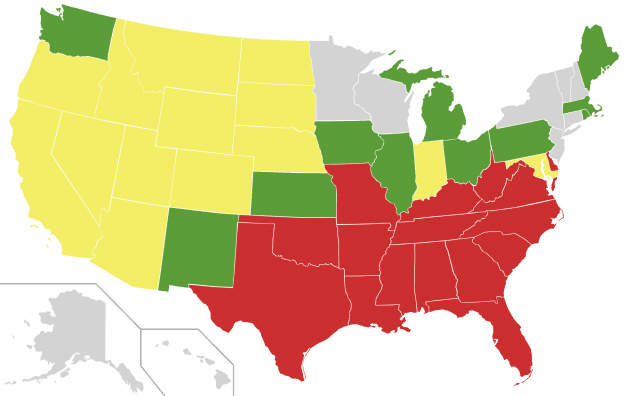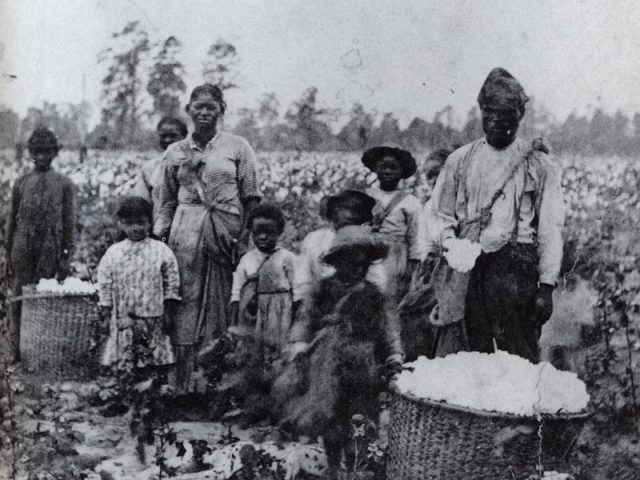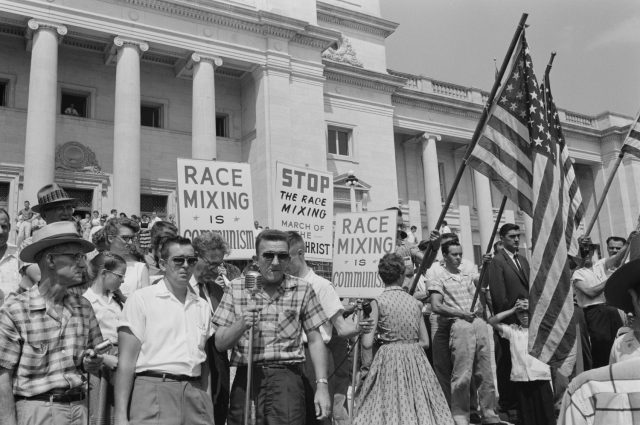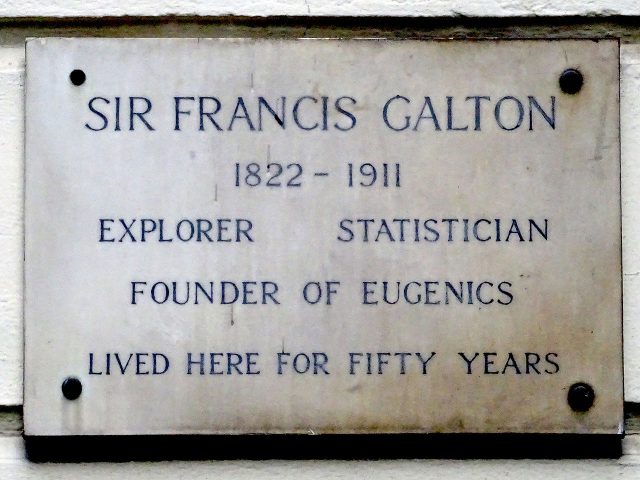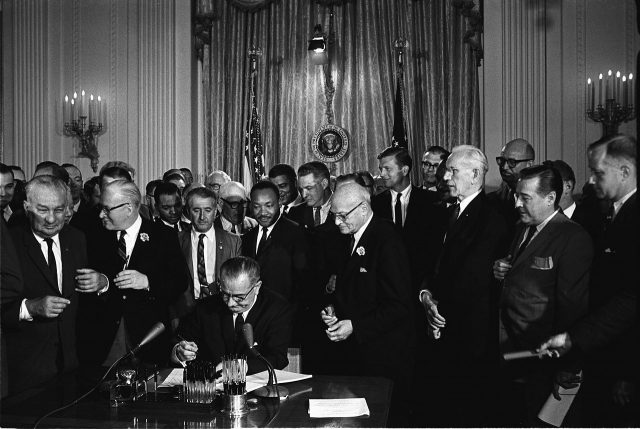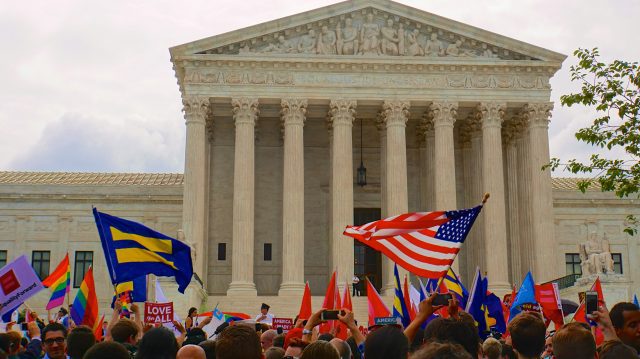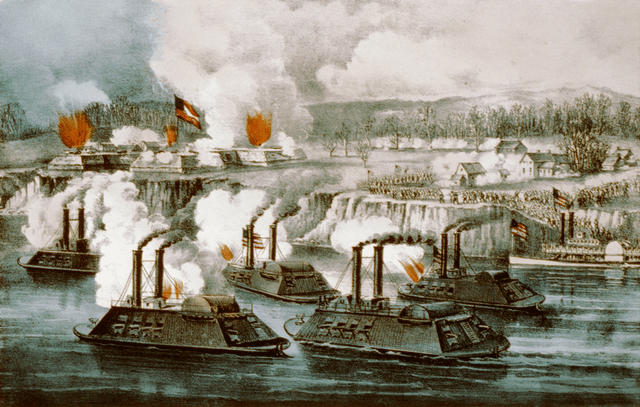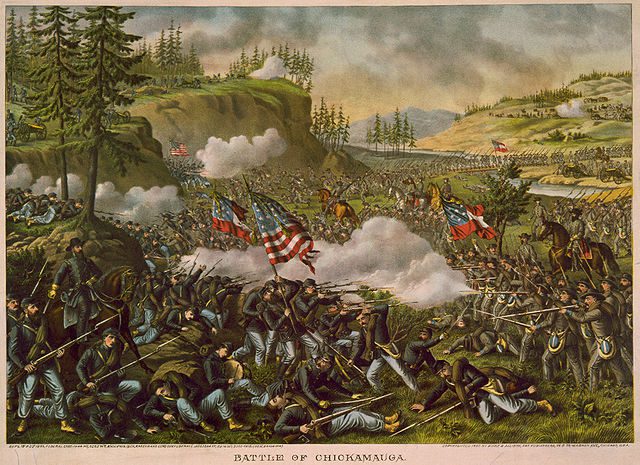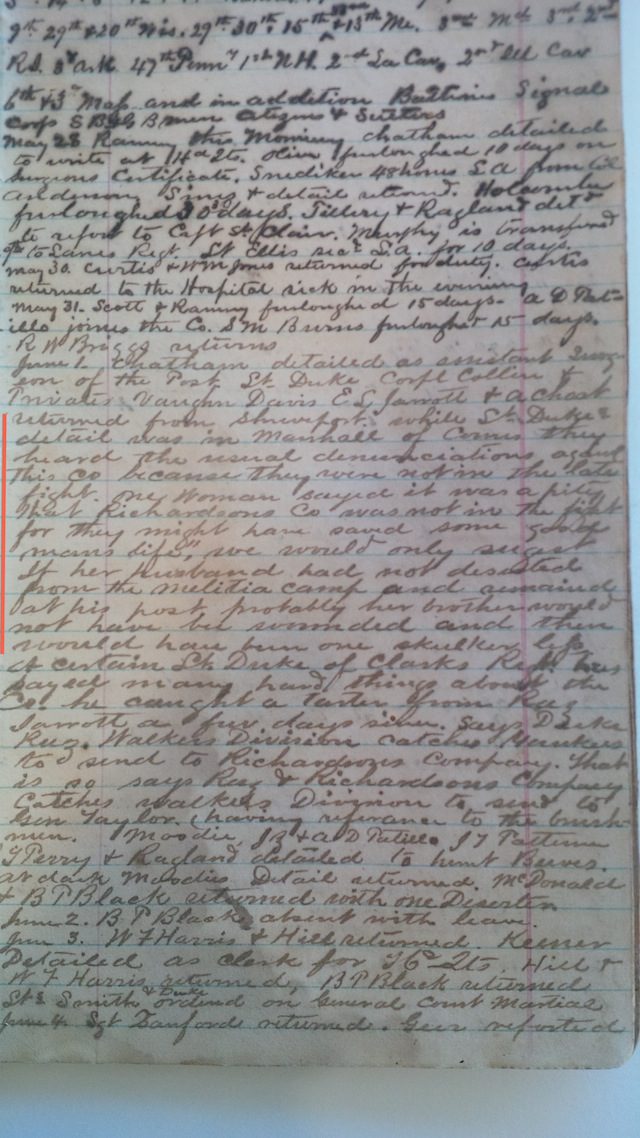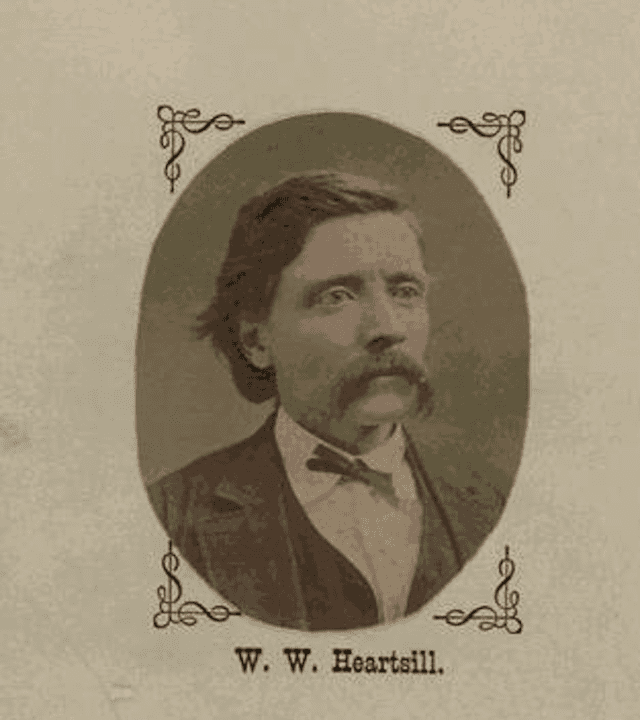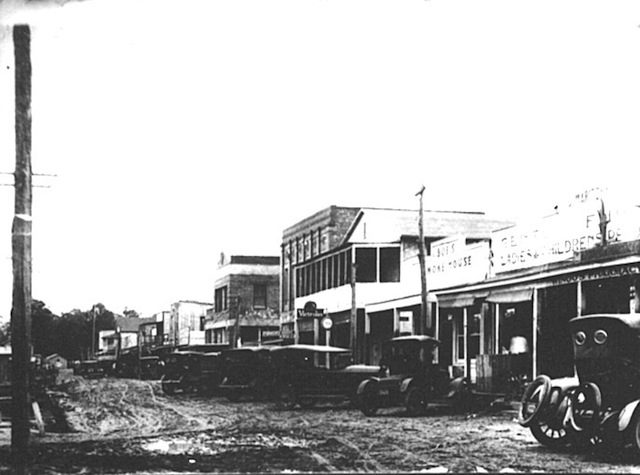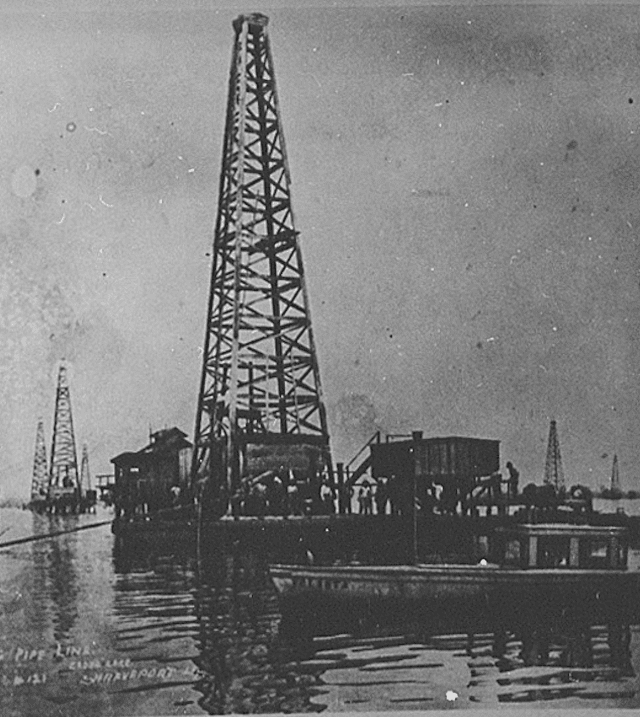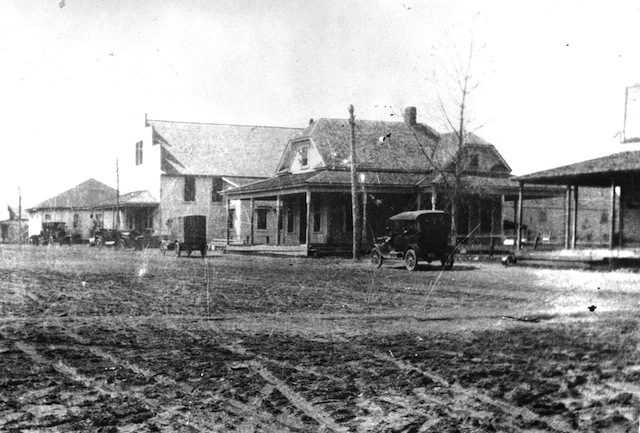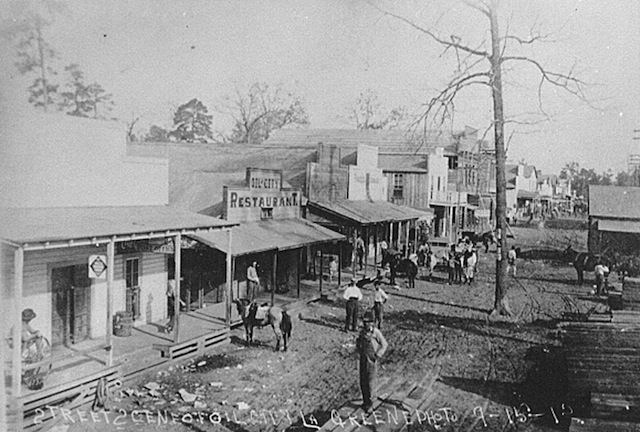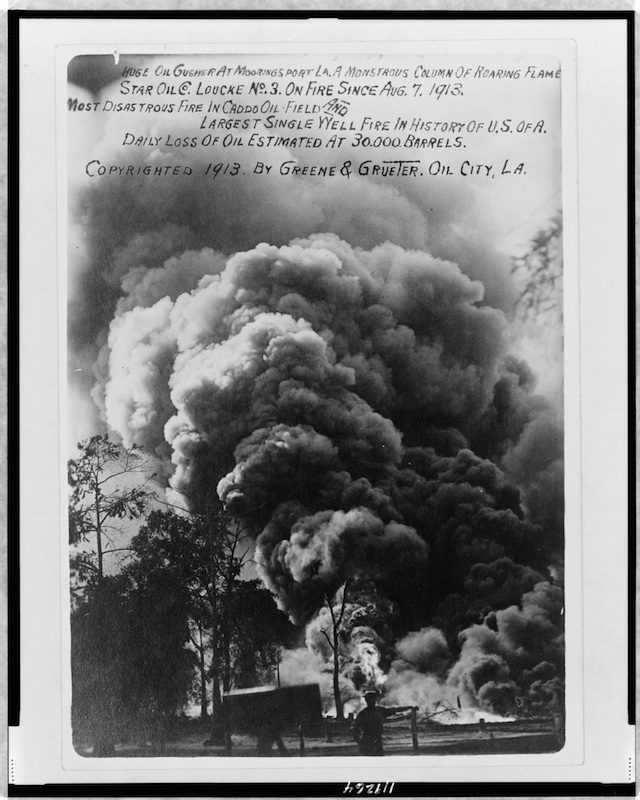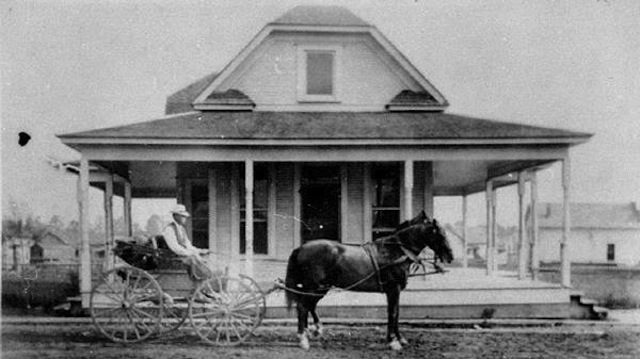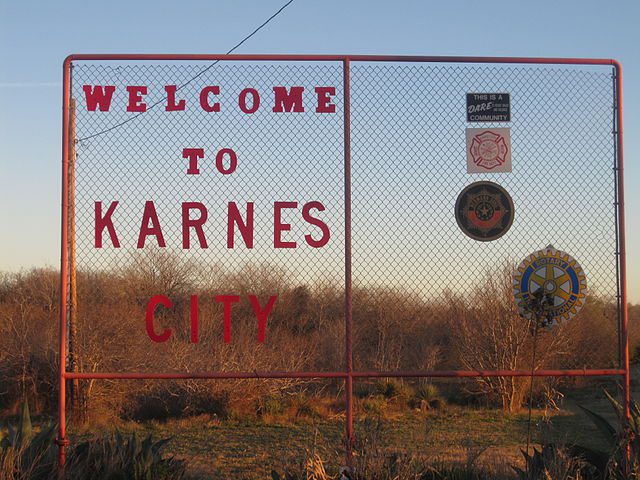
Guest: Kevin Waite, Assistant Professor in the Department of History at Durham University
Host: Alina Scott, PhD Student in the Department of History at the University of Texas at Austin
In the antebellum years, freedom and unfreedom often overlapped, even in states that were presumed “free states.” According to a new book by Kevin Waite, this was in part because the reach of the Slave South extended beyond the traditional South into newly admitted free and slave states. States like California found their legislatures filled with former Southerners who hoped to see California and others align with their politics. “They pursued that vision through diplomacy, migration, and armed conquest. By the late 1850s, slaveholders and their allies had transformed the southwestern quarter of the nation – California, New Mexico, Arizona, and parts of Utah – into a political client of the plantation states.” But it didn’t end there. The “continental South” as Waite calls it, had visions of extending into Central and South America as well as the Pacific. In West of Slavery, Waite “brings to light what contemporaries recognized but historians have described only in part: The struggle over slavery played out on a transcontinental stage.”

